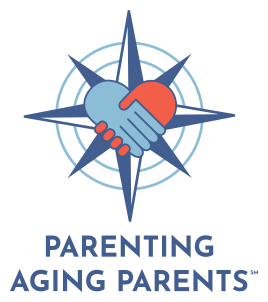What do you do if there are problems where your elderly parents live?
When your aging parent is in assisted living, memory care, skilled nursing or a nursing home, you might worry about staffing, the conditions or how they are treated. How do you handle those situations? You can talk to the manager or owner of the long term care facility, but you also have an ombudsman on your side.
Suzanna Sulfstede with the Senior Source is an ombudsman in Dallas County. She talks with Kim and Mike Barnes of Parenting Aging Parents to explain what an ombudsman does, who it can help, and how the process works.
You can find an ombudsman in all 50 states as they resolve disputes from a neutral, independent viewpoint. The Area Agency on Aging in your area can help you find the nearest ombudsman.



